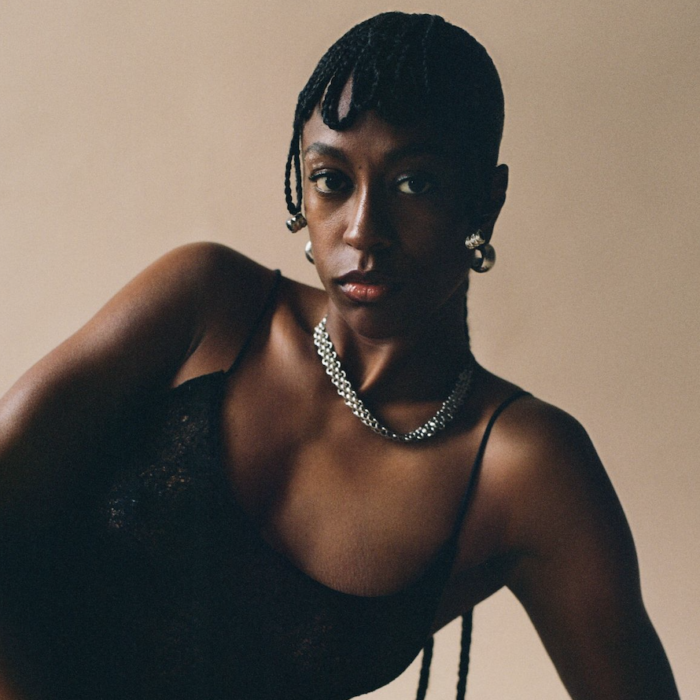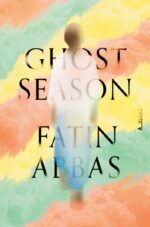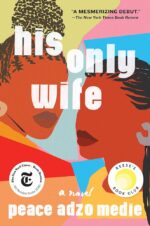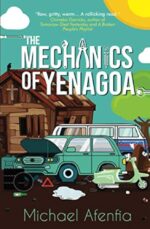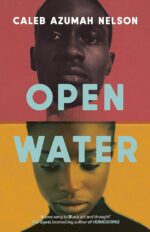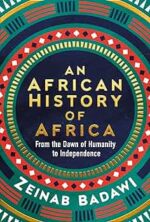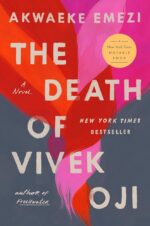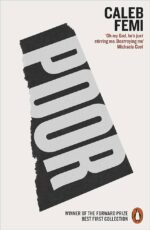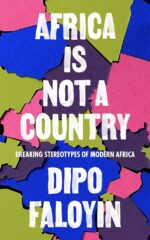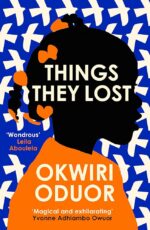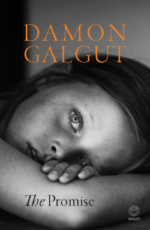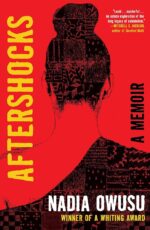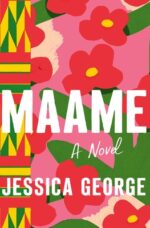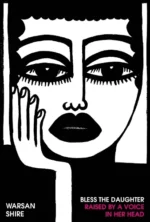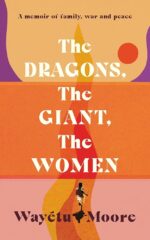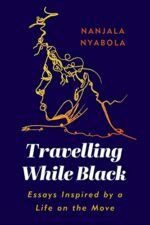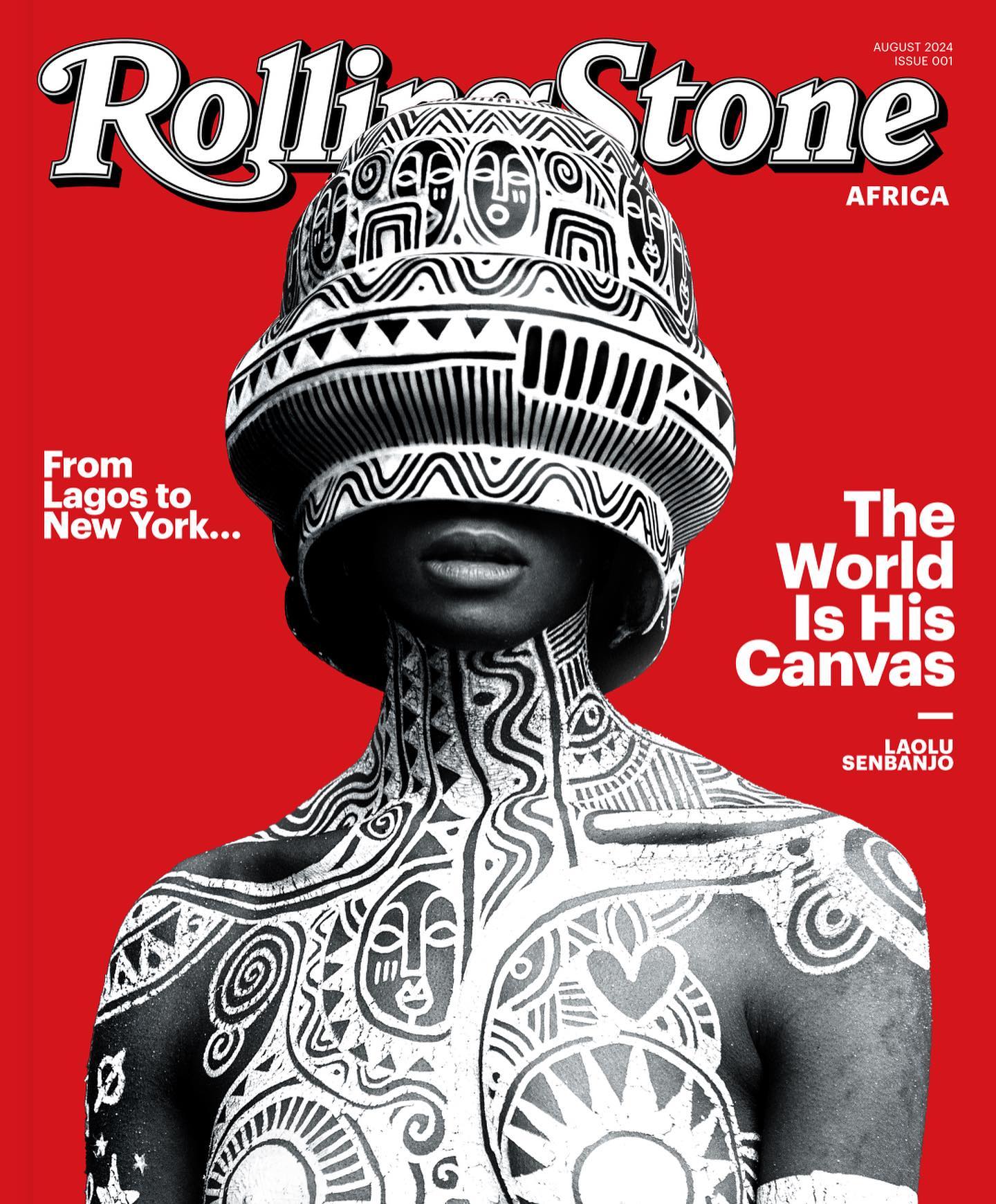Fatin Abbas’ expansive novel begins just before the Sudanese civil war. Amid the paradoxes of identity, love, faith, and humanitarian aid, five diverse characters navigate a region riven by conflict. This vivid fictional world brings to life the sweeping and brutal history of the breakup of Sudan.
What would you do if your fiancé was named on an anonymous online list of abuse allegations? Adegoke, the celebrated British-Nigerian journalist, spins a tale about #BlackLovein a post #MeToo world with piercing social insight. Gloriously witty, this page-turning prose dives into the dark side of the internet and our unraveling online culture.
“Elikem married me in absentia; he did not come to our wedding.” This is the poignant first sentence of His Only Wife. Afi, the narrator, is marrying a man who loves another woman – his family selected the union. While the story in essence follows the structure of a doomed romance, Medie’s storytelling penetrates the corrupt modern-day Ghanaian society and the daughters that are crushed by the patriarchal wheel.
In this colorful modern-classic, Yenagoa, one of Nigeria’s lesser-known cities, sets the stage for a riotous tale about the urban lives of Nigerians. The story follows Ebinimi, a star mechanic, on an endless rollercoaster of love entanglements, unfortunate events and crooked characters. Afenfia writes a textured, and frequently funny, love letter to the everyday struggle.
In this colorful modern-classic, Yenagoa, one of Nigeria’s lesser-known cities, sets the stage for a riotous tale about the urban lives of Nigerians. The story follows Ebinimi, a star mechanic, on an endless rollercoaster of love entanglements, unfortunate events and crooked characters. Afenfia writes a textured, and frequently funny, love letter to the everyday struggle.
Zeinab Badawi is one of the most recognizable faces in broadcast journalism. This, her first book, emerged from a nine-part documentary series for BBC World News. Africa’s history has been dominated by western narratives for too long, in this spectacular African history, Badawi offers a refreshing corrective.
On the very first page, in a small Nigerian town, the death of a young man forces his family to question their own lives. A cross between murder mystery and family drama, Emezi’s tender third novel brings home truths to themes of grief, love, identity and friendship.
“I have never loved anything the way I love the endz,” Femi writes. Combining poetry and original photography, Poor takes on the dreams, joys and growing pains of young Black boys in Peckham. A touching tribute to the imperfectly beautiful world that shaped the British-Nigerian poet.
In this funny and insightful nonfiction book, Folay-
in paints an exuberant, stereotype-bursting portrait of modern Africa. Africa Is Not a Country side steps simplistic depictions of the continent, to share its in turns joyful and enraging histories with deep love.
If you’re in the market for African magical realism, look no further than Okwiri Oduor’s breathtaking debut. Set in a fictional Kenyan town in the 1980s, a 12-year-old girl communes with spirits in her grandmother’s house. Folklore, magic and girlhood intermiangle in this poetic prose that delves into the brutal history of a nation and a family’s own past.
Set at roughly 10-year intervals, The Promise, records the undoing of a bigoted South African family during and after apartheid. Damon Galgut’s Man Booker Award-winning novel is confident, haunting, and tender; telling a complex South African history with deft satire.
The long arm of (post-) colonialism is palpable in this memoir. In her first book, earthquakes aren’t just metaphors for Nadia Owusu. She unflinchingly illustrates a life that has spanned the globe – from Tanzania and Ethiopia to Rome and New York – making the connection between her own personal trauma and the shaky mantle of the earth.
George’s endearing debut is as comedic as it is dark. In this twenty something coming of age story, the British-Ghanaian writer explores everything from familial and cultural duty, to racism, love, female pleasure, and the life-saving power of friendship.
This is a vibrant world, full of music and weeping and surahs and sirens. With her first full-length poetry collection, the British-Somali poet crafts a vivid and unique telling of womanhood and migration. Drawing from her own life, the experiences of Black women, mothers and daughters, refugees and immigrants, Shire creates something that merits close and careful reading.
Moore’s engrossing memoir is framed by her family’s escape from the civil war in Liberia. The Dragons, The Giant, The Women tracks the personal upheaval of grieving your homeland, rebuilding a life in the United States and the power of family – shining a light on the incredible fortitude it takes to be an immigrant in an adopted home.
The death of Nani’s sister is the beginning of the raging storm in this story where grief breaks apart a Nigerian family. In this lush and affirming rewriting of the myth of Hades and Persephone, Unigwe examines the splintering of the self that makes possible the remaking of one’s world.
What does it feel like to move through the world that is designed to exclude you? If you’re an African passport-holder, you’ve likely experienced the blighting answer. In this collection of personal essays, the Kenyan writer and political analyst reflects on migration and identity as an African woman. Nyabola thoughtfully unspools the modern realities of traveling while African from its colonial legacy.
In her seventh book, the South African novelist offers an interesting proposition: imagine a writer could go back in time and commune with the historical figures they’re writing about. Here a struggling writer is transported to the past where she meets a host of characters linked to Scottish poet Thomas Pringle considered by some as “the father of South African poetry.” Still Life is smart and thought-provoking, using the vague context of Pringle’s life to conjure the lives of black South African figures of history.
